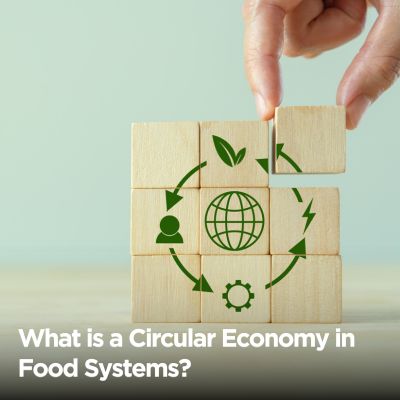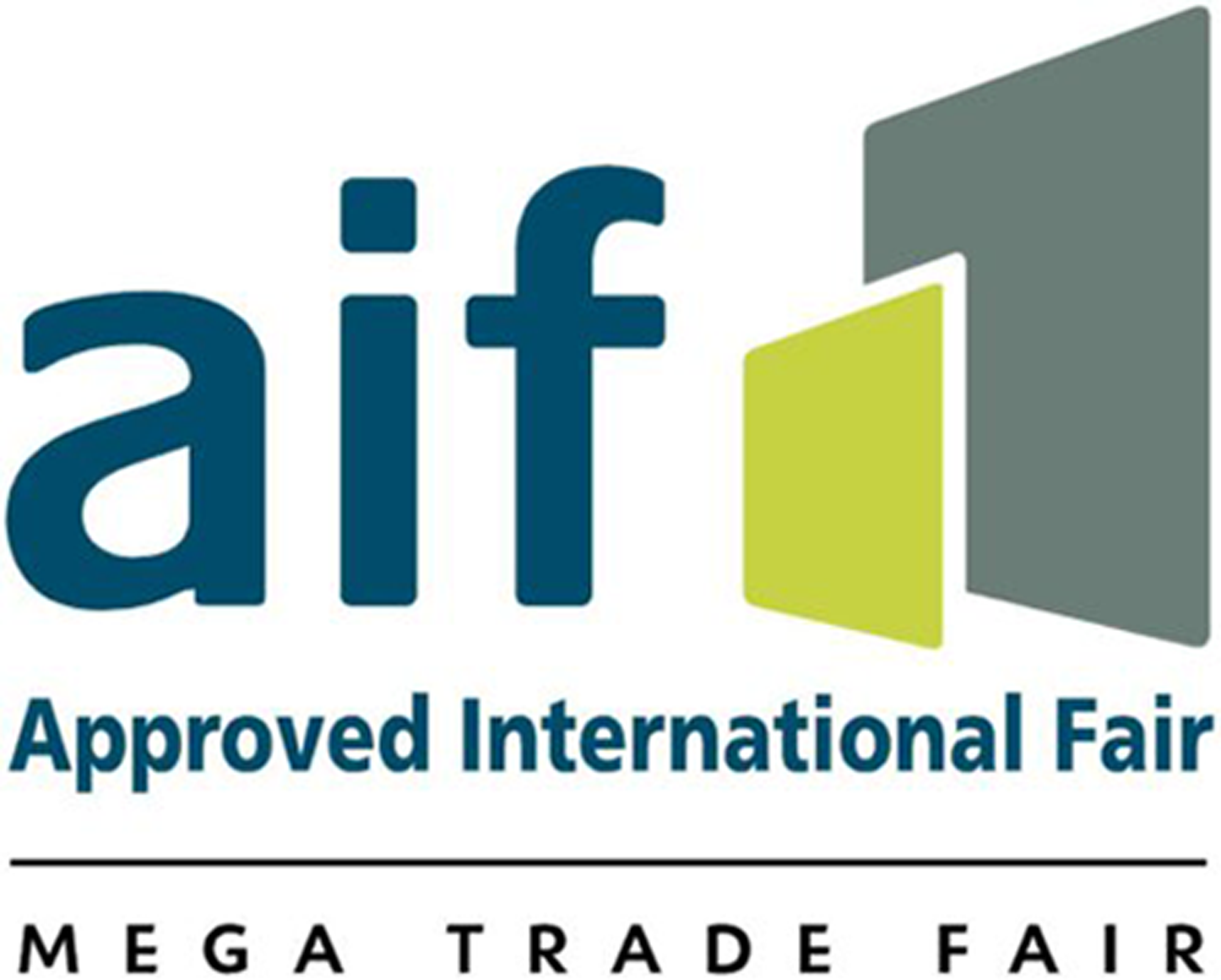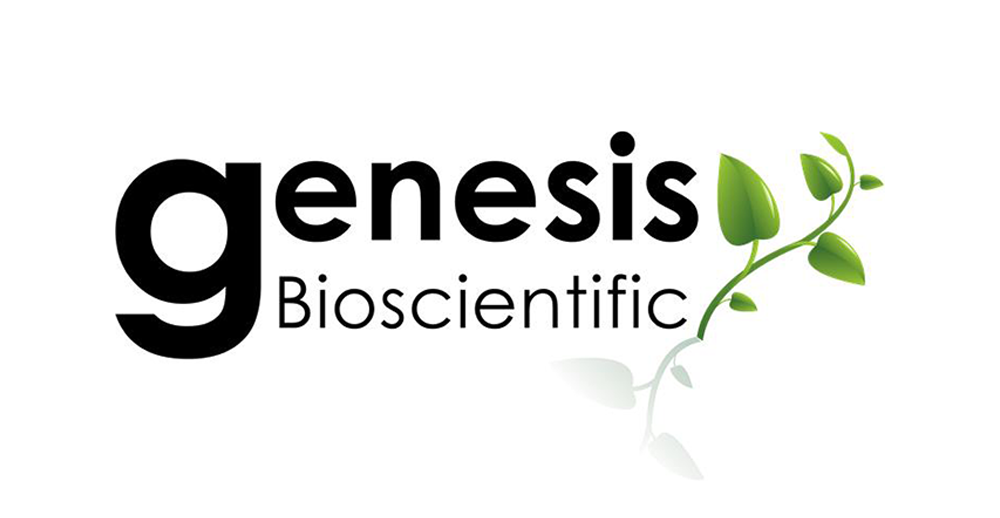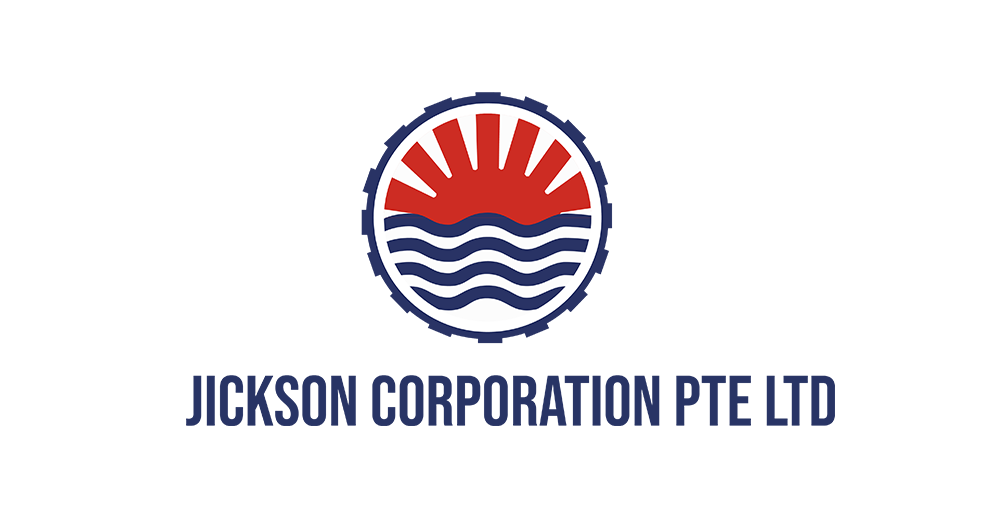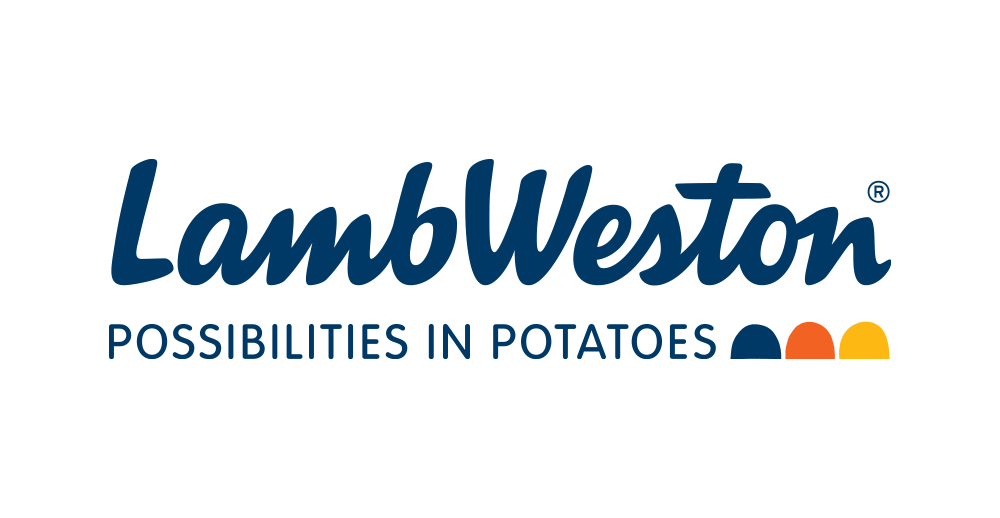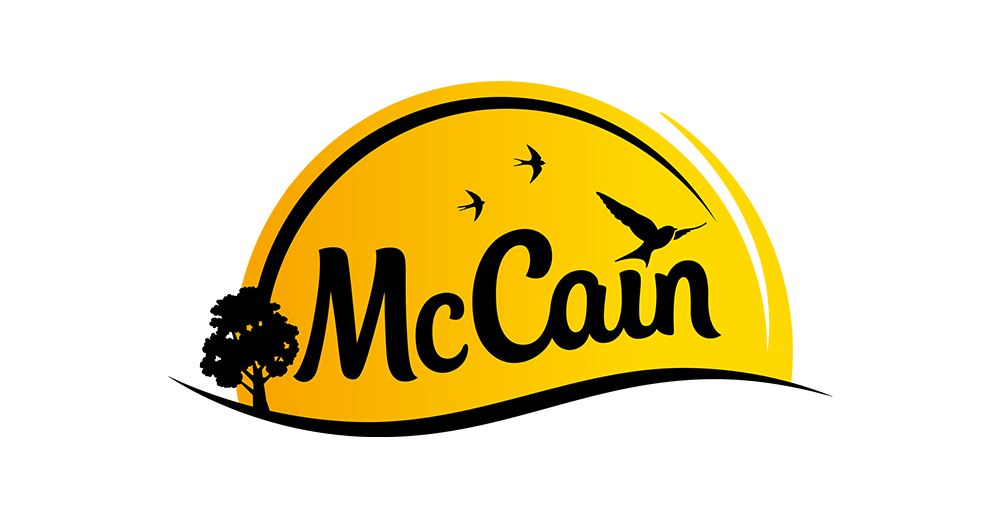Did you know that scientists can now create cheese without using any animals? This is possible because of a food technology called precision fermentation.
The precision fermentation ingredients market was valued at USD 2.8 billion in 2023 and is expected to grow rapidly.
Precision fermentation is changing how we produce food and medicine. It uses tiny organisms, like bacteria, to make specific products. This method is essential because it helps us create food and medicine more efficiently and sustainably.
In this article, we will explore precision fermentation, how it works, its applications in food, and why it’s becoming so popular.
What is Precision Fermentation?

Precision fermentation is when scientists use microorganisms like bacteria or yeast to produce specific products. Unlike traditional fermentation, which relies on natural processes, precision fermentation involves inserting genes into these microorganisms.
This genetic modification helps the microorganisms produce precisely what we need, such as proteins or enzymes.
In traditional fermentation, we might use yeast to make bread or beer, relying on the yeast’s natural processes. However, in precision fermentation, we can program the microorganisms to produce specific proteins, like those found in precision fermentation meat or milk.
This means we can create food products without needing animals. This method is more efficient and sustainable, as it uses fewer resources and can reduce our environmental impact.
How Precision Fermentation Works
Precision fermentation uses tiny organisms like bacteria or yeast to produce specific products. Scientists identify the genes responsible for making a desired protein or enzyme. These genes are then inserted into the DNA of the microorganisms, a process known as genetic engineering.
Once the microorganisms are genetically modified, they are placed in bioreactors. A bioreactor is a large tank that provides the perfect environment for microorganisms to grow and multiply.
The microorganisms are fed nutrients and kept inside the bioreactor at the right temperature and pH level.
Synthetic biology plays a crucial role in precision fermentation. It allows scientists to design and construct new biological parts, devices, and systems. This helps in creating microorganisms that can efficiently produce the desired products.
The microorganisms in the bioreactor use the inserted genes to produce specific proteins or enzymes, known as precision fermentation proteins.
For example, they can produce protein in milk, meat, or other foods. After the fermentation process is complete, the desired product is extracted and purified.
This controlled and precise process makes precision fermentation a powerful tool for producing high-quality, consistent products that can be used in various industries, such as food and medicine.
Applications of Precision Fermentation in Food Production
Precision fermentation is revolutionizing the food industry by enabling the production of various food ingredients without traditional farming. Here are some critical applications:
- Proteins: Produces specific proteins used in foods like dairy and meat.
- Enzymes: Creates enzymes that aid food processing, like those used in cheese-making.
- Flavors: Develops natural flavors and fragrances for use in food products.
One of the most exciting uses of precision fermentation is creating animal-free dairy proteins, such as whey and casein, traditionally found in milk. These proteins can be used to make cheese, yogurt, and other dairy products without cows.
Additionally, precision fermentation meat substitutes are becoming popular. Similar to lab-grown meat, these proteins are produced to mimic animal meat’s texture and taste, offering a sustainable and ethical alternative to traditional meat.
This advancement in food science allows for the production of high-quality, consistent food ingredients while reducing the environmental impact and reliance on animal agriculture.
Benefits of Precision Fermentation
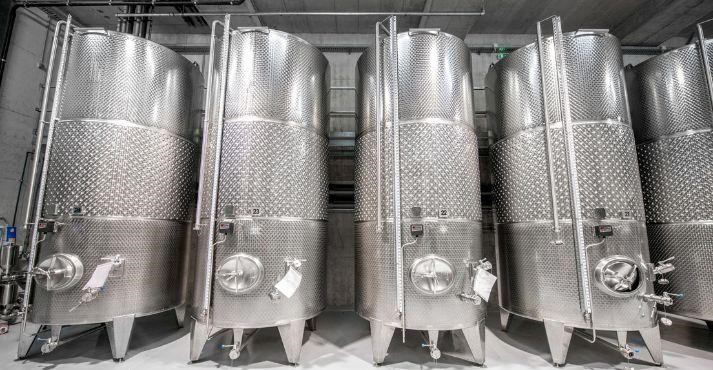
Precision fermentation offers numerous benefits that make it an attractive option for food production. This technology transforms how we produce food ingredients from sustainability to efficiency and quality.
1. Sustainability
Precision fermentation significantly contributes to sustainable food production by reducing the environmental impact. Traditional agriculture is resource-intensive, requiring large amounts of land, water, and energy.
In contrast, precision fermentation products use microorganisms in controlled environments, drastically reducing resource usage.
- Reduced Greenhouse Gas Emissions: Traditional livestock farming significantly produces greenhouse gas emissions. Precision fermentation, on the other hand, produces far fewer emissions. For instance, producing animal-free dairy proteins through precision fermentation can reduce greenhouse gas emissions by up to 97%.
- Lower Water Usage: Traditional agriculture consumes a lot of water, which is significant when raising livestock. Precision fermentation uses much less water, helping to conserve this precious resource. Studies have shown that producing proteins via precision fermentation can reduce water usage by up to 99%.
2. Efficiency
The precision fermentation process also increases efficiency in food production compared to traditional agricultural practices.
- Shorter Production Times: Traditional farming cycles can take months to years, depending on the crop or animal being raised. Precision fermentation, however, can produce the desired product in days or weeks. For example, creating precision fermentation proteins like those used in dairy can be completed much faster than raising and milking cows.
- Consistent Yields: Traditional farming is subject to various factors affecting yields, such as weather, disease, and pests. Precision fermentation occurs in controlled environments, ensuring consistent production. This means that manufacturers can rely on a steady supply of high-quality ingredients.
3. Quality and Consistency
One of the standout benefits of precision fermentation is its ability to ensure high quality and consistency in food ingredient production.
- Controlled Production Process: Scientists can precisely control the production process by manipulating the genetic makeup of microorganisms. This means that the final product is consistent every time, unlike traditional farming, where variations can occur.
- High-Quality Ingredients: Precision fermentation allows for the production of particular proteins, enzymes, and other compounds. This means that the ingredients produced are of high purity and quality, which is crucial for food and pharmaceutical applications.
- Replicable Results: Since the process is controlled and takes place in bioreactors, it can be easily replicated, ensuring that every batch meets the same standards. This is particularly important for industries that require exact specifications, such as the production of precision-fermentation meat and precision-fermentation milk.
Current Applications and Products
In the food and beverage industry, precision fermentation is a game-changer. It allows for consistently producing high-quality products by precisely controlling microbial processes.
This method ensures reliability and excellence, from brewing to the fermentation of food products. Some common fermented food items include cheese, yogurt, kombucha, and kimchi.
Precision fermentation is being utilized in a variety of innovative ways to create alternative food products that are both sustainable and high-quality. Here are some of the most notable applications and products currently on the market:
1. Dairy Alternatives
One of the most significant applications of precision fermentation is producing dairy alternatives. By using genetically modified microorganisms, companies can produce dairy proteins without cows.
- Perfect Day: Perfect Day has pioneered the creation of animal-free whey protein using precision fermentation. Their protein is identical to the whey protein found in cow’s milk but is produced entirely without animals. This protein is used in various products, including Brave Robot ice cream, which offers the same creamy texture and taste as traditional dairy ice cream but with a much lower environmental impact.
- Animal-Free Milk: Other companies use precision fermentation to produce casein and other proteins. These proteins are then used to create animal-free milk with the same nutritional profile and taste as cow’s milk, providing a sustainable alternative for dairy lovers.
2. Meat Alternatives
Precision fermentation is also making strides in creating plant-based meat products that closely mimic the taste and texture of real meat.
- Impossible Foods: One of the most well-known alternative protein companies is Impossible Foods, which uses precision fermentation to produce heme. Heme is a molecule that gives meat its distinctive taste and aroma. Impossible Foods can produce heme through precision fermentation to create plant-based burgers that taste remarkably like beef. This technology allows for the production of meat alternatives that taste better and have a more meat-like texture, making them more appealing to meat-eaters.
3. Other Food Ingredients
In addition to dairy and meat alternatives, precision fermentation is being used to produce a wide range of other food ingredients in the precision fermentation market.
- Geltor: Geltor is a company that uses precision fermentation to produce collagen. Collagen is typically derived from animal tissues, but Geltor’s method produces it using microorganisms. This animal-free collagen can be used in various products, from cosmetics to food and beverages, offering a sustainable and ethical alternative.
- Enzymes for Food Processing: Precision fermentation is also used to produce essential enzymes in food processing. These enzymes can help improve the efficiency and quality of various food products. For instance, enzymes produced through precision fermentation can be used in the brewing industry to enhance the brewing process or in baking to improve dough consistency and bread quality.
- Natural Flavors and Fragrances: Companies use precision fermentation to create natural flavors and fragrances. This method produces particular and consistent flavor compounds that can be used in various food and beverage products. These natural flavors are identical to those found in nature but are produced more sustainably and controlled.
Major Players in the Industry

Precision fermentation is gaining traction thanks to the efforts of several leading companies and innovative startups. These organizations are driving the industry forward with their groundbreaking products and technologies.
Prominent Precision Fermentation Companies
- Perfect Day: Perfect Day is at the forefront of the precision fermentation industry. They specialize in producing animal-free whey protein used in various dairy alternative products, including Brave Robot ice cream. Their technology allows for the creation of dairy proteins without the need for cows, significantly reducing the environmental impact of dairy production.
- Impossible Foods is known for its plant-based burgers. It uses precision fermentation to produce heme, an essential ingredient that gives its burgers a meat-like taste and aroma. Their innovative approach has made plant-based meat alternatives more appealing to a broader audience.
- Geltor: Geltor uses precision fermentation to produce collagen without animal products. Their animal-free collagen is used in various industries, from cosmetics to food and beverages, providing a sustainable alternative to traditional collagen sources.
- Nature’s Fynd: Nature’s Fynd uses a unique fungus discovered in Yellowstone National Park to produce a range of sustainable proteins through precision fermentation. Their products include nutritious and environmentally friendly meat and dairy substitutes.
Innovative Startups
- Motif FoodWorks: Motif FoodWorks is an innovative startup that focuses on developing ingredients through precision fermentation to improve the taste and texture of plant-based foods. Their work aims to create more appealing and nutritious alternatives to animal-based products, making plant-based diets more accessible and enjoyable.
- Clara Foods: Clara Foods is revolutionizing the production of egg proteins using precision fermentation. Creating animal-free egg whites offers a sustainable and ethical alternative to traditional egg production. Their products can be used in baking and cooking, providing the same functionality as conventional eggs.
- New Culture: New Culture is another startup leveraging precision fermentation to produce animal-free dairy products. They focus on creating mozzarella cheese with the same taste and texture as traditional mozzarella but without any animal inputs. Their approach aims to offer delicious dairy products with a much lower environmental footprint.
- Triton Algae Innovations: Triton Algae Innovations uses precision fermentation to produce high-value proteins from algae. Their technology aims to create sustainable and nutritious food ingredients for various food products, offering a healthy alternative to traditional protein sources.
These companies and startups are leading the charge in the precision fermentation industry, showcasing the potential of this technology to transform food production.
Reducing reliance on traditional agriculture and providing sustainable alternatives will lead to a more environmentally friendly and efficient food system.
Challenges and Considerations in Precision Fermentation
While precision fertilization brings remarkable advantages, it also presents challenges that businesses must navigate. Let’s explore these challenges and considerations associated with implementing this advanced technique.
Specialized Expertise
Implementing Precision Fermentation requires specialized expertise in microbial biology, bioprocessing, and the utilization of advanced food technologies.
Obtaining and retaining skilled professionals capable of managing the intricacies of this technique is a crucial consideration for businesses.
Ethical and Regulatory Aspects
Navigating Ethical Considerations
As Precision Fermentation involves the manipulation of microorganisms at a precise level, ethical considerations come to the forefront. Businesses must navigate questions about the ethical treatment of living organisms and ensure that their practices align with societal values.
Regulatory Compliance in Precision Fermentation
Another significant consideration is regulatory compliance. Precision Fermentation may encounter regulatory scrutiny by a food regulation authority, such as the Singapore Food Agency, due to its innovative nature.
Businesses must stay abreast of evolving regulations, ensuring their practices align with ethical standards and legal requirements.
Building a Competent Team
One key consideration for businesses venturing into Precision Fermentation is building a competent team with specialized skills.
This team should encompass microbiology, data analytics, and bioprocessing experts, ensuring a holistic approach to the challenges posed by this advanced fermentation technique.
Continuous Learning and Adaptation
The field of precision fertilization is dynamic, with advancements occurring rapidly. Businesses considering its implementation must foster a culture of continuous learning and adaptation to stay at the forefront of developments and maintain a competitive edge.
Future Trends in Precision Fermentation

As precision fertilization continues to reshape the landscape of biotechnology, let’s explore the emerging trends and future developments that promise to elevate this innovative technique further.
Innovations in Biotechnological Fermentation
Future trends in Precision Fermentation point toward continuous innovations in biotechnological processes. Advancements in genetic engineering, data analytics, and automation are anticipated, offering unprecedented precision and efficiency in microbial manipulation.
The Evolving Landscape of Precision Fermentation
Shaping the Future of Food and Beverage
In the food and beverage industry, Precision Fermentation is expected to play a pivotal role in shaping the future. Innovations may include the production of custom-designed flavors, nutritional enhancements, and the creation of sustainable alternatives to traditional ingredients.
Biotechnological Advances
Precision Fermentation is poised to drive biotechnological advances across diverse sectors.
From pharmaceuticals to biofuels, the evolving landscape of Precision Fermentation research holds the promise of novel solutions, increased yields, and environmentally sustainable practices.
Future of Precision Fermentation Research
Beyond Microbial Manipulation
Future research in Precision Fermentation is likely to extend beyond microbial manipulation. Scientists and researchers may explore novel applications, such as integrating artificial intelligence to enhance real-time monitoring and decision-making during the fermentation process.
Sustainable Practices
The future of Precision Fermentation also aligns with the global focus on sustainability. Expectations include the development of more sustainable and eco-friendly fermentation practices, reducing the environmental impact of industrial processes.
Conclusion
In conclusion, precision fermentation is a groundbreaking technology transforming the food and biopharmaceutical industries.
Precision fermentation offers a sustainable and efficient alternative to traditional agricultural practices by using genetically modified microorganisms to produce specific proteins, enzymes, and other compounds.
This method is already used to create animal-free dairy proteins, meat substitutes, and other high-quality food ingredients, reducing environmental impact and enhancing food security.
As more companies and startups innovate in this space, the potential of precision fermentation to revolutionize how we produce and consume food becomes increasingly apparent.
This technology promises a more sustainable future and ensures consistent and high-quality products for consumers worldwide.

